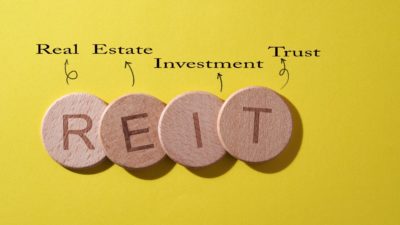The European Union’s (E.U.) deteriorating economy and the failure of the European Central Bank’s (ECB) program that’s aimed at invigorating economic activity is generating considerable concern. Among the major worries are the systemic risks posed to the world economy by the faltering health of Europe’s banks and their potential to trigger another global crisis.
Now what?
The world has already witnessed what can happen when banks collapse, and there are signs that Italy’s banking system is on the verge of imploding.
You see, bad debts among Italy’s banks now account for a third of the Eurozone’s total non-performing loans. They also represent 8% of all loans issued in Italy, and these toxic loans are equal to a fifth of Italy’s GDP.
The bad news doesn’t stop there.
Rome is not only prevented by E.U. regulations from bailing out the banks, but it appears incapable of doing so with government debt representing 140% of GDP, placing it second only to Greece.
We all know how Greece is faring.
Many analysts believe that the problems within Italy’s banks pose a far greater threat to the E.U. than the Brexit, because of their potential to trigger another E.U.-wide financial crisis.
It isn’t only Italy’s banks that are in trouble.
Germany’s Deutsche Bank AG (NYSE:DB), which is ranked as one of the most systemically important banks globally, could very well be on the verge of breaking down. Not only did it post a surprise full-year financial loss for 2015 because of asset write-downs, fines, and litigation settlements but it was recently dubbed by the IMF as the world’s riskiest bank.
Now it is locked in discussions with the U.S. Justice Department as it seeks to settle a number of high-profile mortgage-securities cases. These could cost it up to US$5 billion in fines alone. Besides regulatory action and other ongoing litigation, there are considerable fears over the health of is its assets.
Meanwhile, investors shouldn’t expect a recovery among Europe’s troubled banks any time soon.
The ECB’s negative interest rate policy is preventing banks from generating sufficient earnings to grow lending and cover lending as well as trading losses. This is magnifying the vulnerability to another financial crisis precipitated by its banks.
So what?
Many Canadian investors are asking, “How does this affect me?”
You see, the E.U. is the world’s second-largest economy and one of the largest markets for manufactured goods and energy. As a result, a major financial crisis in the Eurozone will have a global impact and trigger considerable uncertainty for stocks.
A solid means of hedging against this risk is by investing in defensive stocks. Not only are they relatively immune to economic downturns, but because of their predictable cash flows, they are able to reward investors with a regular income stream.
One of the best defensive stocks is electric utility Algonquin Power & Utilities Corp. (TSX:AQN). The unchanging demand for electricity coupled with the majority of its earnings being contractually locked in make Algonquin predictable and allows it to reward investors with a steadily growing dividend that has an impressive 4.7% yield. As a renewable energy company, it also is well positioned to benefit from the secular trend to renewables, which will boost its growth even during times of economic uncertainty.








